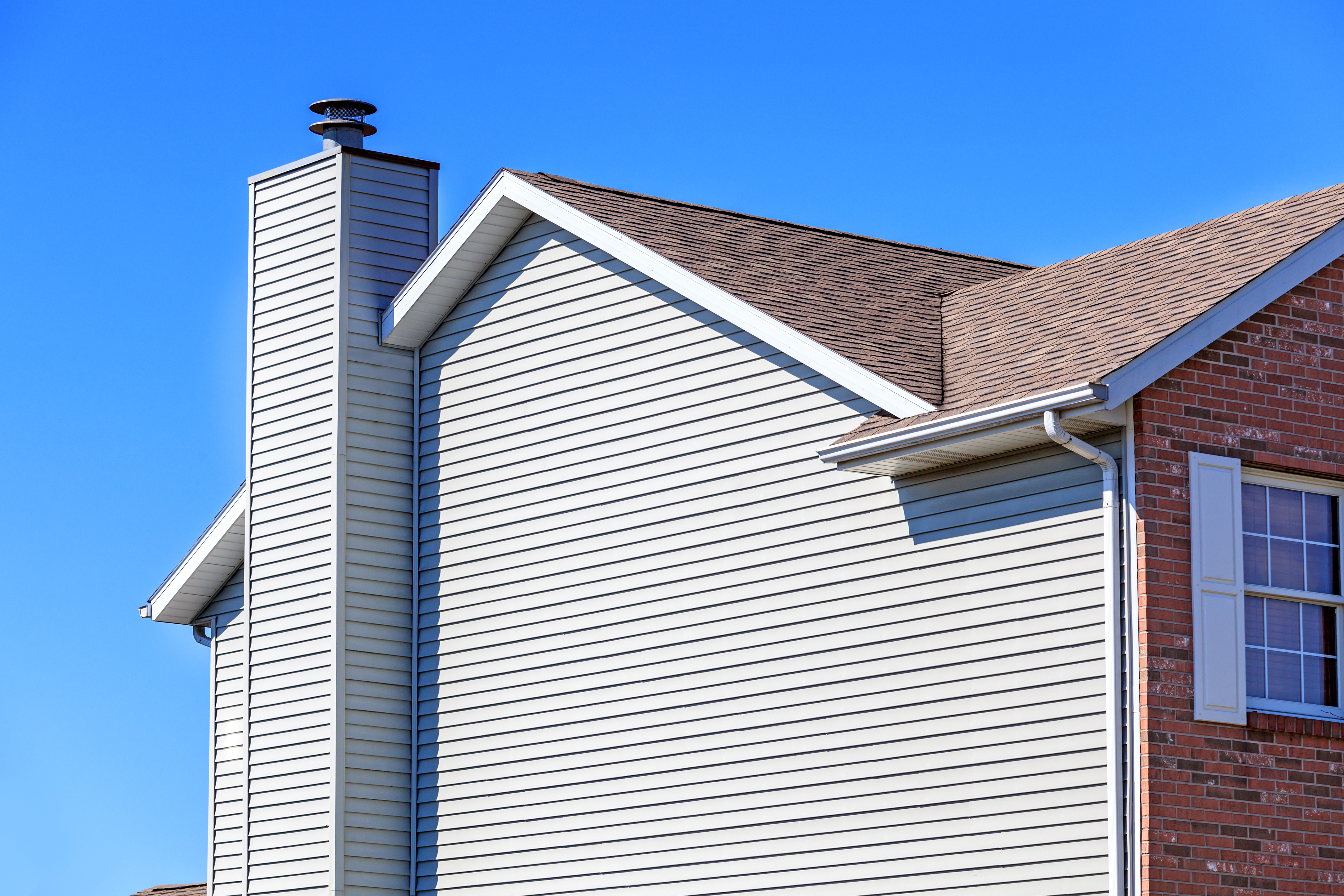
In addition to protecting against extreme Midwest temperatures, new siding in Columbus adds curb appeal. Learn about siding replacement cost in Columbus.
Simplify your siding project with a stellar contractor consultation


Whether you're addressing some pesky siding repairs or launching a full home transformation, hiring the right local siding contractor is crucial to a smooth project. Make the most of your first meeting by considering what questions to ask as a siding contractor. By the time you're done speaking, you should feel confident and enthusiastic about signing a contract and giving them the green light.
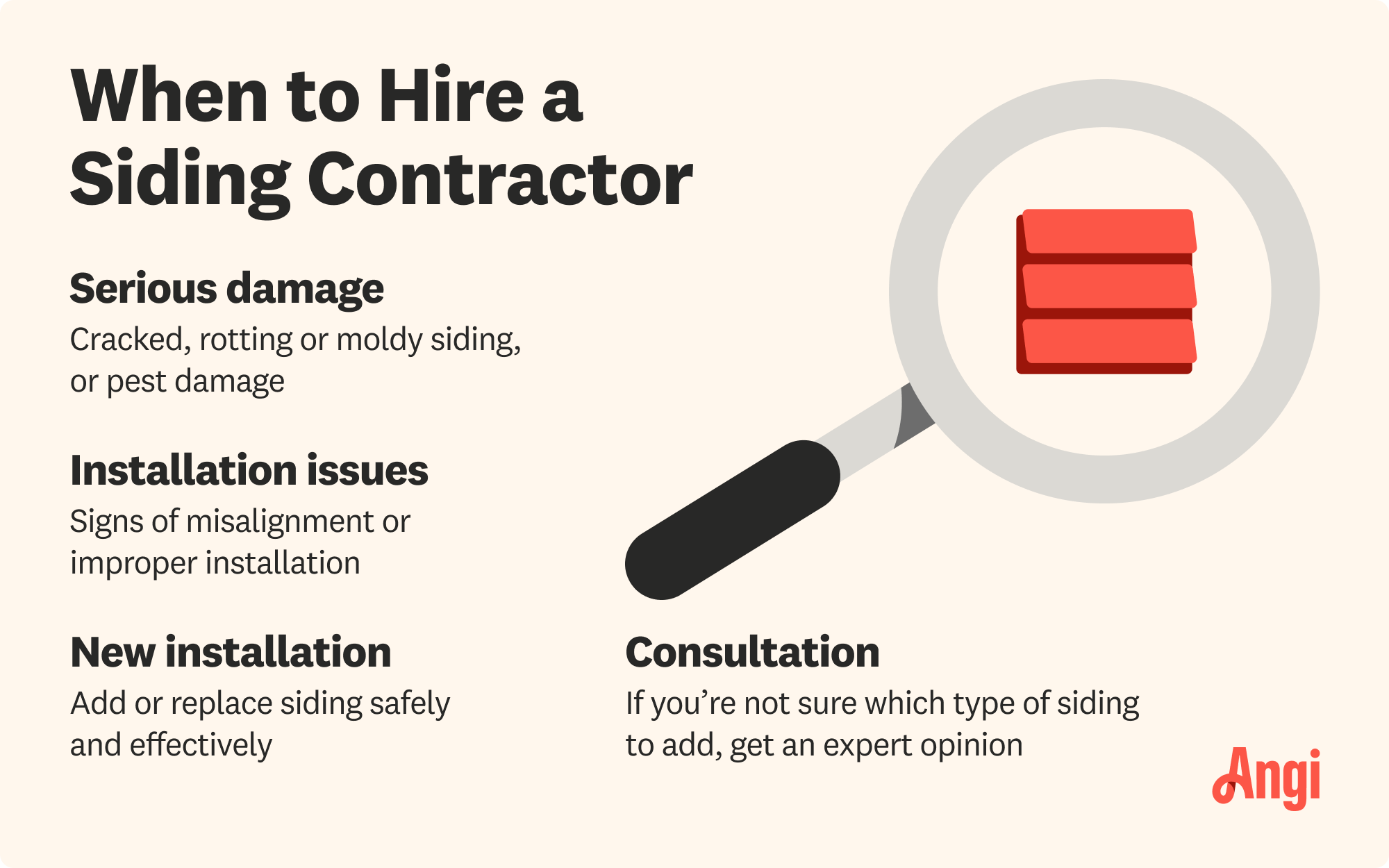
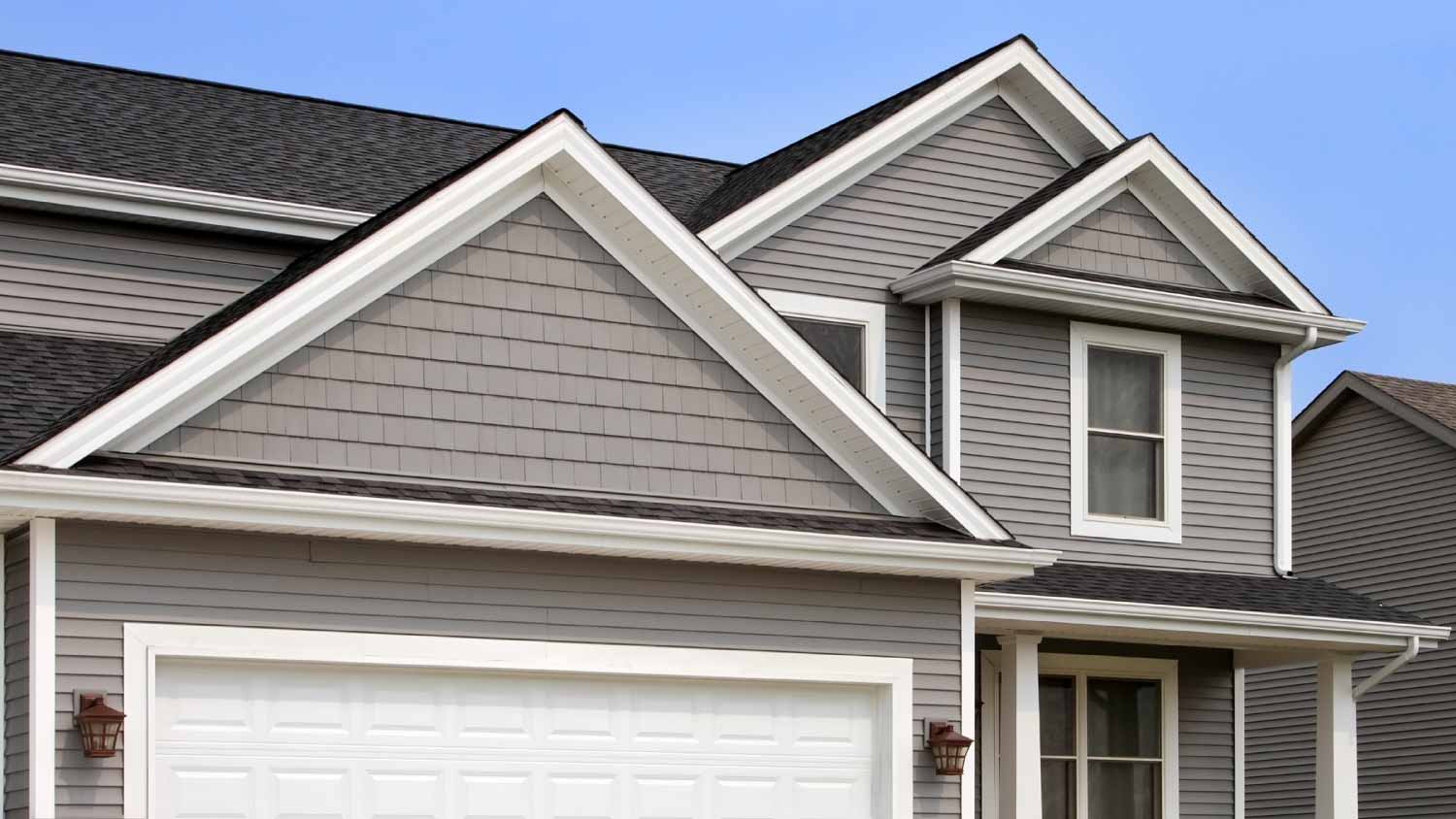
As you piece through your list of what questions to ask a local siding contractor, open up the conversation by discussing their past handiwork. Siding repairs and installation play a large role in your home's curb appeal while protecting it against the elements.
In addition to photos that show off the beauty of their past projects, get into the details. Were there projects that offered specific challenges such as siding a history home, uncovering water damage, or delicately installing siding around an AC unit? These answers will give you a better picture of how they work through challenges.
Even if you've received a referral from your favorite neighbor, always check your contractor's license, registration, and insurance. The contractor should be able to provide proof of each document on their website or in person. Always choose either a bonded or insured contractor to ensure protection for the crew, your home, and your money.
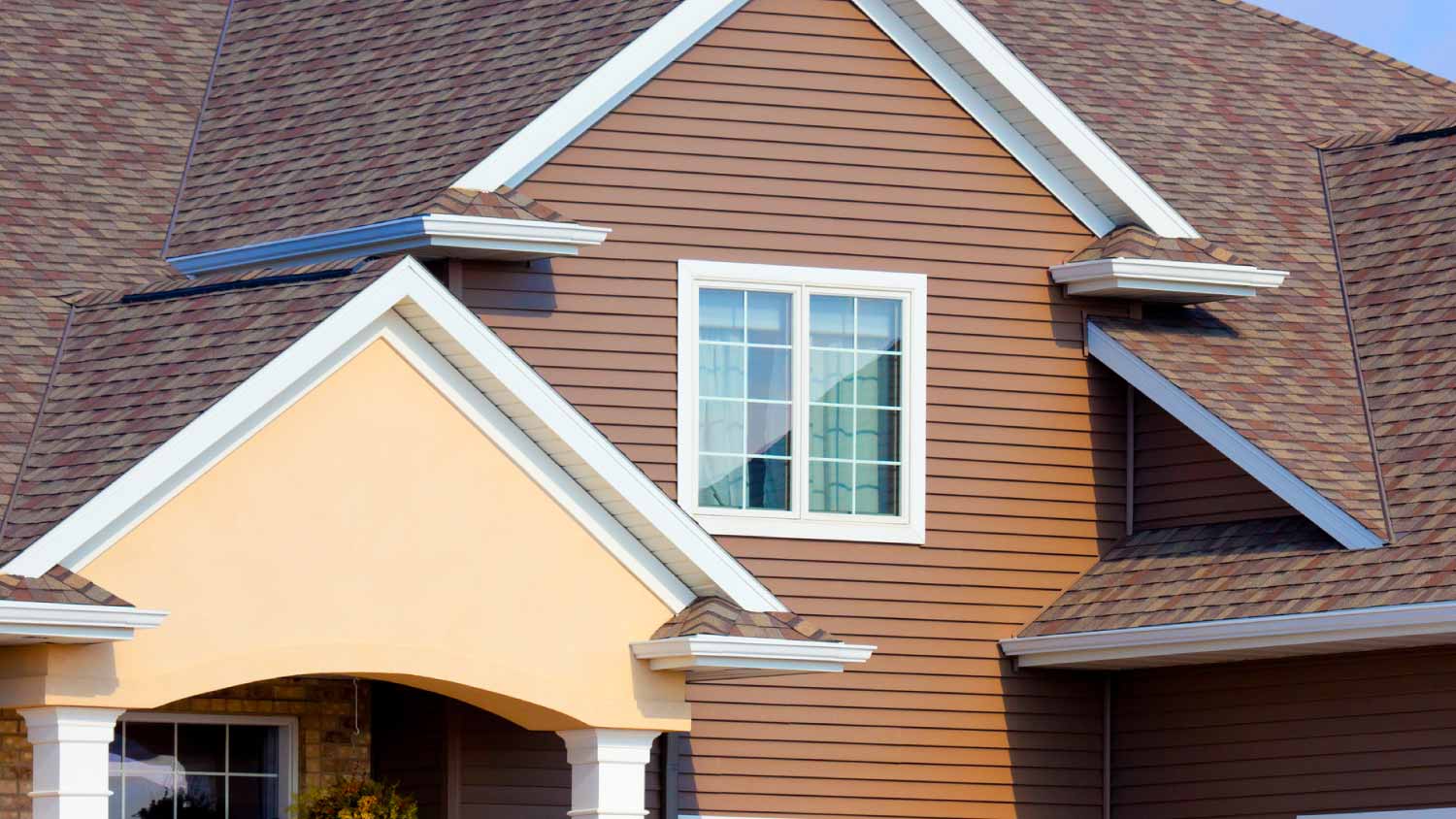
One of the best design questions to ask a siding contractor is whether they have experience with your ideal material. If they've completed work in your area before, they've likely handled similar home styles and challenges. This is a great opportunity to get the specifics of siding materials they've worked with in the past, such as brands and budgets. For example, explore the cost of stone siding vs. the price of stucco or alternatives that will increase your home value. Past examples and clear explanations should put you at ease when heading into this major renovation.
Did you know that your contractor's work comes with a warranty just like the siding materials themselves? A work warranty protects you against faulty work or work that harms the rest of your property during the process. In most cases, work warranties last up to a year after the job, but it's important to discuss the details before signing a contract.

No matter how contractors structure their pay schedule, it's crucial to have it in writing before starting. Ask your siding contractor for their payment structure and preferred methods. Many siding contractors will require a deposit to confirm the project and then schedule installments based on major milestones in the project.
Speaking of payment schedule, does your siding contractor offer a free consultation? While this is an opportunity to ask siding contractors the questions, the consultation doesn't always cover the estimate. Consider this a time for exploratory questions, such as why your vinyl siding looks wavy or whether you should consider repairing or replacing old siding.
You may also need to schedule a full home exterior inspection if you're concerned about mold, water damage, or structure issues around your siding. Clarify what the free consultation entails ahead of the first meeting.
Let's say your contractor jumps into repairs and suddenly discovers asbestos siding somewhere in your home. At this point, they may be required to shift the scope and budget of the project with a change order. The change order alters your original agreement to account for the new discovery. Change orders also come into play if you and your designer shift the design or if there are unforeseen events, such as local building code updates.

Before a team of contractors shows up in your driveway, get to know how the contractor plans to manage the crew. For example, always ask a siding contractor if there will be a project manager on site. Discuss the size of the team, the specialists on their crew, and whether the team has to handle multiple projects at the same time. A crew that is experienced and well-managed is critical, feeling good about the process and results.
A great siding contractor will remind you that you have options. Your home style, your local region, and your aesthetic preferences should all play a role. Even if you're looking to tackle a large project—such as replacing siding with brick—your prospective contractor should be able to answer your questions and help you explore what's possible. Be sure to ask about the R-value—or insulation effectiveness—of potential sidings, as well as long-term maintenance and repair issues related to each one.
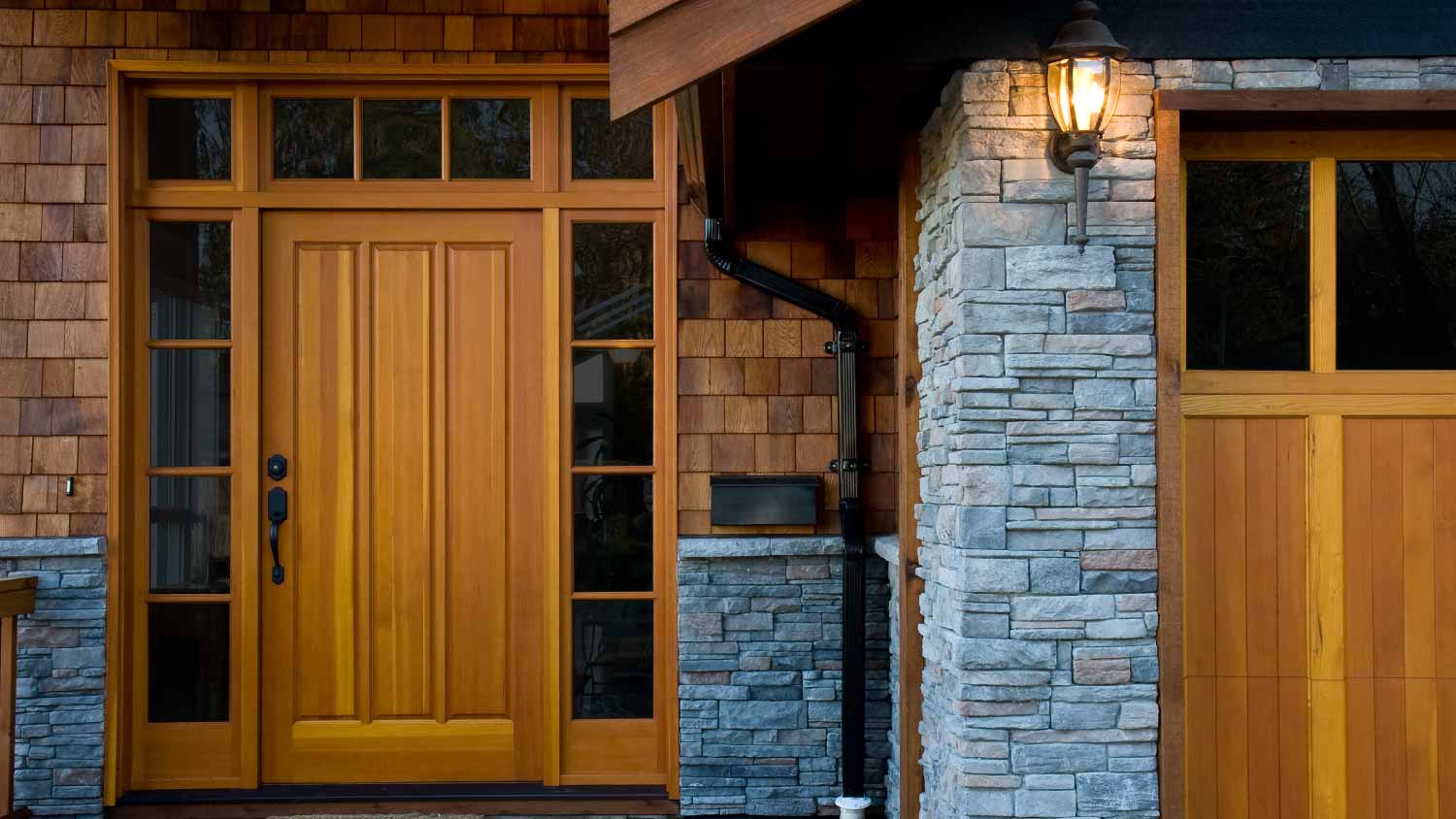
While many siding repairs can start right away, larger projects often have a longer timeline. Your contractor should have a sense of how long it takes to pull permits, source materials, and schedule their crew for a full replacement. Once the project begins, expect the crew at your home for between one and two weeks depending on the material.
Before you check the final boxes on your list of what questions to ask a siding contractor, request a clear picture of the construction process. Clarify whether you or the crew handles home preparation, applying paint and caulking, and cleaning up the construction site. In the best-case scenario, you should feel ready to hand over the reins to your knowledgeable contractor who handles all the hard work from start to finish.
From average costs to expert advice, get all the answers you need to get your job done.

In addition to protecting against extreme Midwest temperatures, new siding in Columbus adds curb appeal. Learn about siding replacement cost in Columbus.

Fiber cement siding is durable, fire-resistant, and affordable. Learn more about fiber cement installation costs in Columbus, OH.

New vinyl siding adds value and curb appeal to homes in Columbus, Ohio. Learn about average vinyl siding installation costs in Columbus, Ohio.

Power washers can effectively clean dirt and grime on siding, but there’s a risk of damage. So, can a power wash break siding? Find out more.

Knowing the differences between fiber cement and vinyl siding can help you choose the right one for your home. Our guide explores these two siding choices.

When installing siding, you may find rotted boards underneath the old siding. Siding is your home’s first line of defense against the elements–rot causes damage that can spread, so learn about what to do when you discover rotted boards.